As the utilization of cleaner energy increases in popularity throughout the country, Americans will continue to see a rise in the installation and use of solar panels in their residential communities. However, the increase in solar installations may also bring an increase in legal hurdles for American homeowners. For example, homeowners living in communities governed by a homeowners association (HOA) will likely be required to seek the HOA’s approval before installing solar energy appliances. In the United States, where more than half of the nation’s neighborhoods are governed by HOA Covenants, Conditions, and Restrictions (CC&Rs), which describe the requirements and limitations regarding the use of property within that particular residential community.
HOAs are known to restrict certain architectural modifications in communities. But, does HOA authority extend to prohibiting solar panel installation? Unfortunately, this question does not come with a simple answer. While the rules for some HOAs expressly permit or prohibit a homeowner’s ability to install solar appliances, the rules for other HOAs may be entirely silent on the issue. In some instances, even when an HOA’s rules expressly prohibit a homeowner’s ability to install solar appliances, those rules could be void as a matter of state law — state law always supersedes the rules of an HOA.
The state laws that govern the installation of solar appliances are generally known as solar access laws. In states that have solar access laws, HOAs cannot outright prohibit the installation of solar appliances. However, the solar access laws of many states still allow for HOAs to place reasonable restrictions on the installation of solar appliances. These restrictions can be as simple as hiding protruding solar panel wires or as burdensome as prohibiting solar panels which can be seen from the public road. In the latter case, if a solar panel must be facing the road for it to function, such a restriction effectively serves as a complete prohibition of solar panel installation and use, which would appear to contradict the purpose of the solar access law. Therefore, solar access laws in some states, like Florida, New Jersey, or Virginia, provide that HOAs can only place restrictions on the installation of solar appliances if the system’s performance will not substantially suffer as a result. Ultimately, homeowners and solar companies should review the HOA CC&Rs as well as their state’s solar access law, if there is one, to determine whether they are permitted to install solar appliances on their home or if the HOA has any authority to restrict such installation. Homeowners are encouraged to consult with an attorney to discuss these issues.
Potential Pitfalls
As solar energy has become increasingly popular over the past decade, many states have enacted new solar access laws. Problems can arise when a solar access law is enacted by the state legislature but an HOA in that state has rules that expressly forbid the installation of solar panels. When HOA rules are violated, HOAs routinely impose fines, and if those fines are not paid, some HOAs can place a lien on the home. In some instances, a homeowner can remedy the issue by simply presenting the state’s solar access law to their HOA, informing the association that they cannot ban the installation of a solar appliance. However, when HOA rules and solar access laws appear to conflict with one another, the problem can sometimes result in a legal battle between the homeowners and the HOA.
For example, in North Carolina, homeowner Tom Farwig installed solar panels on his roof in 2017 by hiring a Utah-based solar company. Shortly thereafter, his HOA demanded that he remove the panels because the HOA considered the solar panels to be “aesthetically unpleasing.” Farwig and his HOA took the battle to court, and now the North Carolina Supreme Court will soon decide a victor. The solar access law in North Carolina suggests that HOA rules cannot ban solar installations explicitly or effectively, but HOAs are allowed to ban solar panels placed on the front facing side of homes if the HOA rules explicitly state such a restriction. The HOA rules in Mr. Farwig’s community explicitly state that the HOA can deny “improvements,” and the HOA argues that solar installations are an improvement. Mr. Farwig’s attorneys argue that this is not an explicit restriction on solar panels, but the North Carolina Court of Appeals disagreed. Since the conflict began, Mr. Farwig has paid over $52,000 in fines to his HOA to keep his home out of foreclosure, and soon, the North Carolina Supreme Court will let us know if the fines were worth the fight.
What can we learn from Mr. Farwig’s case? First, this entire dispute would not have occurred but for a mistake on the part of the solar installer. The company has internal protocols stating that they will not install solar panels without first acquiring HOA approval. Unfortunately, in this case, the company made a misstep and installed the panels without first seeking such approval. The Farwig case demonstrates that it is highly advisable for solar panel installers to learn about applicable solar access laws, and for added protection, seek HOA approval before acting on behalf of clients. Second, homeowners should learn about their solar access laws and talk to their HOA about solar appliance installations prior to investing in the technology. Without the proper knowledge, homeowners may find themselves in a costly legal battle over a piece of technology they procured to keep more money in their pocket.
Rules of Thumb
The following are best practices for homeowners:
• Know your state’s solar access laws.
• Know your HOAs community rules and restrictive covenants.
• Ask your solar panel installer for their policies regarding HOA approval prior to installation and their knowledge regarding your state’s solar access laws.
• If there is any question about your HOA’s authority to restrict your ability to install solar appliances, consult an attorney.
The following are best practices for installers:
• Familiarize your employees with the solar access laws for all states in which the company operates.
• Discuss HOA regulations with customers prior to installation.
• If necessary, get HOA approval prior to any installation.
• If there is any question about a state’s solar access laws, consult an attorney.
Author’s note: This article is intended only for informational purposes and should not be construed as legal advice.
About the authors: Keith Boyette and Felicia Haigh are attorneys with Anderson Jones, PLLC, a construction law firm located in Raleigh, North Carolina, with attorneys licensed in North Carolina and Georgia. They assist clients throughout the litigation process, from pre-filing advice to mediation, settlement negotiations and trial. Author credit is also given to Christian Lunghi, Summer Associate at Anderson Jones, PLLC. For more information or questions about this article, please email Keith at [email protected] and Felicia at [email protected].

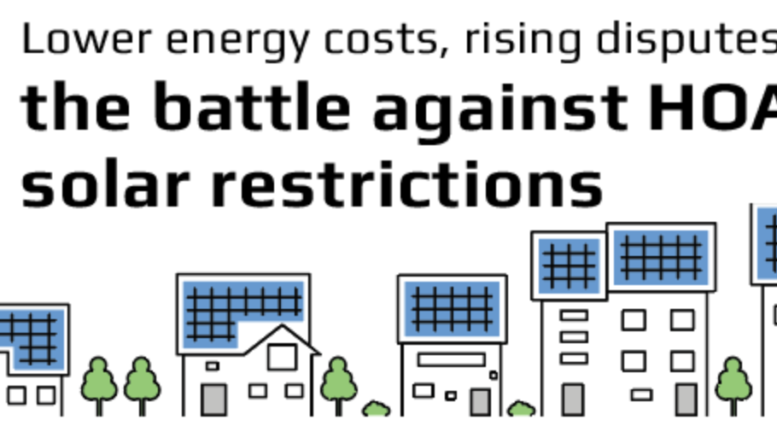
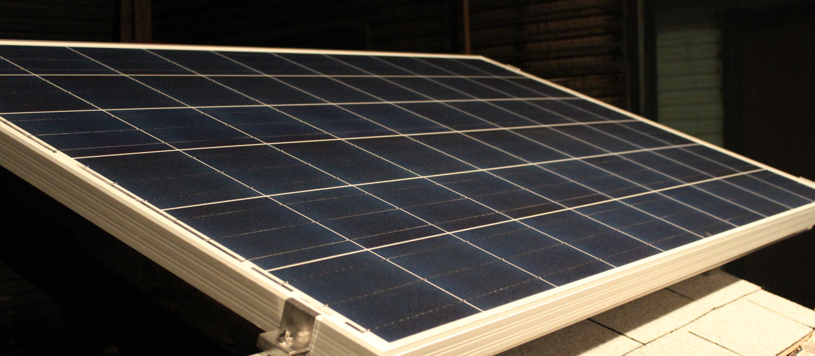
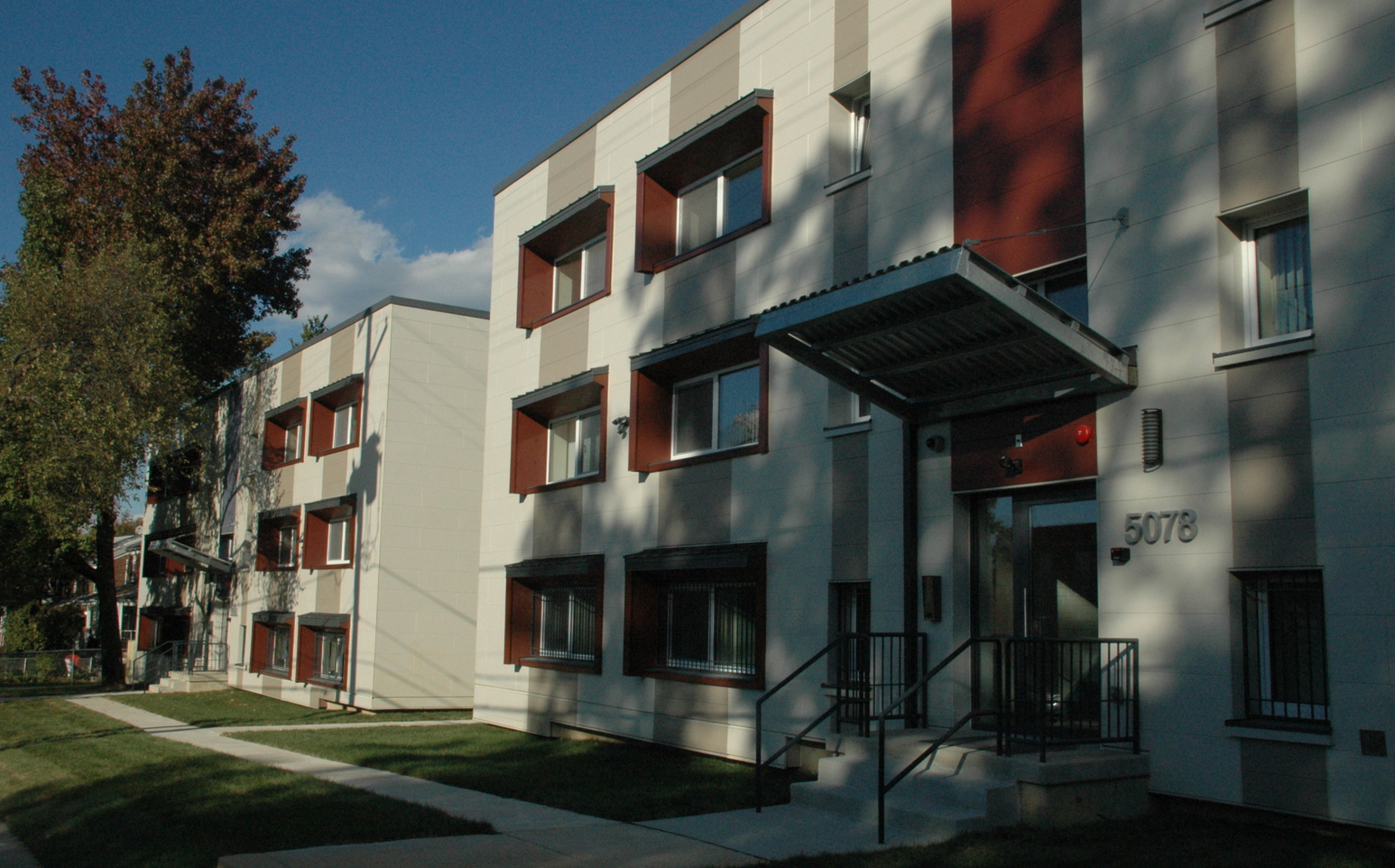
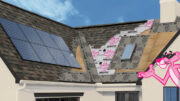
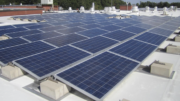
Be the first to comment on "Lower Energy Costs, Rising Disputes: the Battle Against HOA Solar Restrictions"